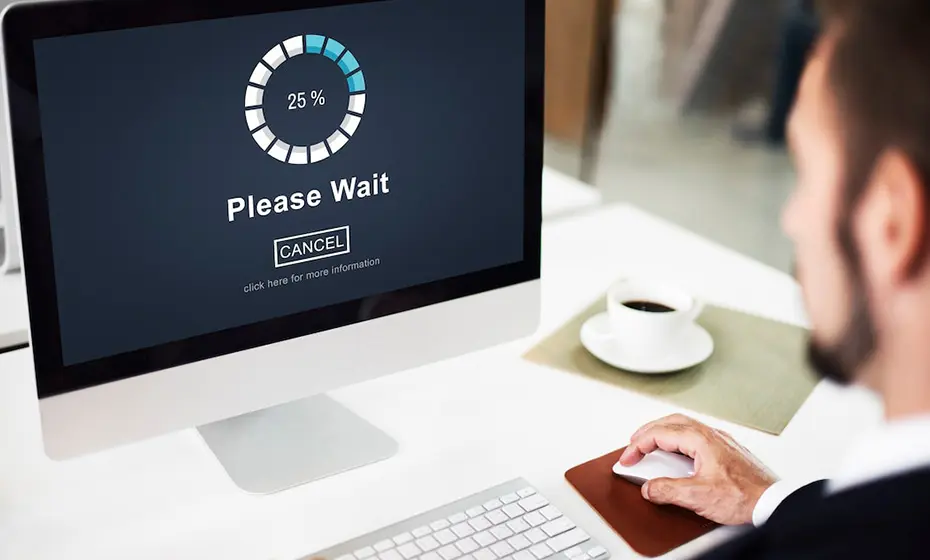From time to time, Google updates the operation of its search engine and releases information about how to best optimise websites for any changes made. On June 4th, a new update known as the June 2019 Core Update was put into place. It’s worth staying on top of these changes in the way Google behaves, as they can have quite a significant impact on your SEO results. Below, we’ll highlight what’s new in the June 2019 Core Update and what you need to do about it.
Google’s June 2019 Core Update brought significant changes to the search engine’s algorithm, impacting website rankings and search results. As businesses strive to understand and adapt to these updates, paid media advertising emerges as a critical strategy to maintain online visibility and drive targeted traffic.
With the core update’s effects on organic search results, businesses are turning to Google Ads advertising to ensure consistent and prominent visibility in search engine results pages (SERPs). By strategically targeting relevant keywords and demographics, paid media campaigns can help businesses maintain their online presence despite fluctuations in organic rankings.
Paid media advertising offers several advantages, including precise audience targeting, immediate visibility, and the ability to control campaign budgets. As the organic search landscape evolves, businesses must embrace paid media advertising as a complementary strategy to their SEO efforts.
More Consequences for Slow-Loading Website
The crux of it is this: if you’ve got a snail-slow website, you’re in trouble. That’s because the June 2019 Core Update lists “page speed” as “a ranking factor for mobile searches”. You might be thinking, “oh, it’s okay, it only affects mobiles searches!” But mobile searches have been on the rise for many years now, and you only have to look around to see everyone on their phones constantly. What are we all doing on our phones? Some of us could be trying to access your business website. And if it doesn’t load fast enough, Google could send your website down the rankings.
My Website is Slow! What Do I Do?
There are a number of diagnostic tools that can be used to check the speed of your website, including:
- Chrome User Experience Report
- Lighthouse
- PageSpeed Insights
All of these tools can give reports on the performance of your website, including crucial data on loading speed. Some of them audit the quality of web pages, while others suggest ways to optimise your site. If you enjoy DIY technical projects, this could be right up your alley. However, if you feel out of your depth, you might need assistance from an expert.
Need Help with Your Website Speed? Call ZOFELA
If the thought of doing technical IT work is making you shudder with fear, you can always call the specialist team at ZOFELA. We’ve got experts in SEO as well as responsive website design, ensuring you’ll be at the top of Google in next to no time! Call us now on +8615059787796 to start getting results.








